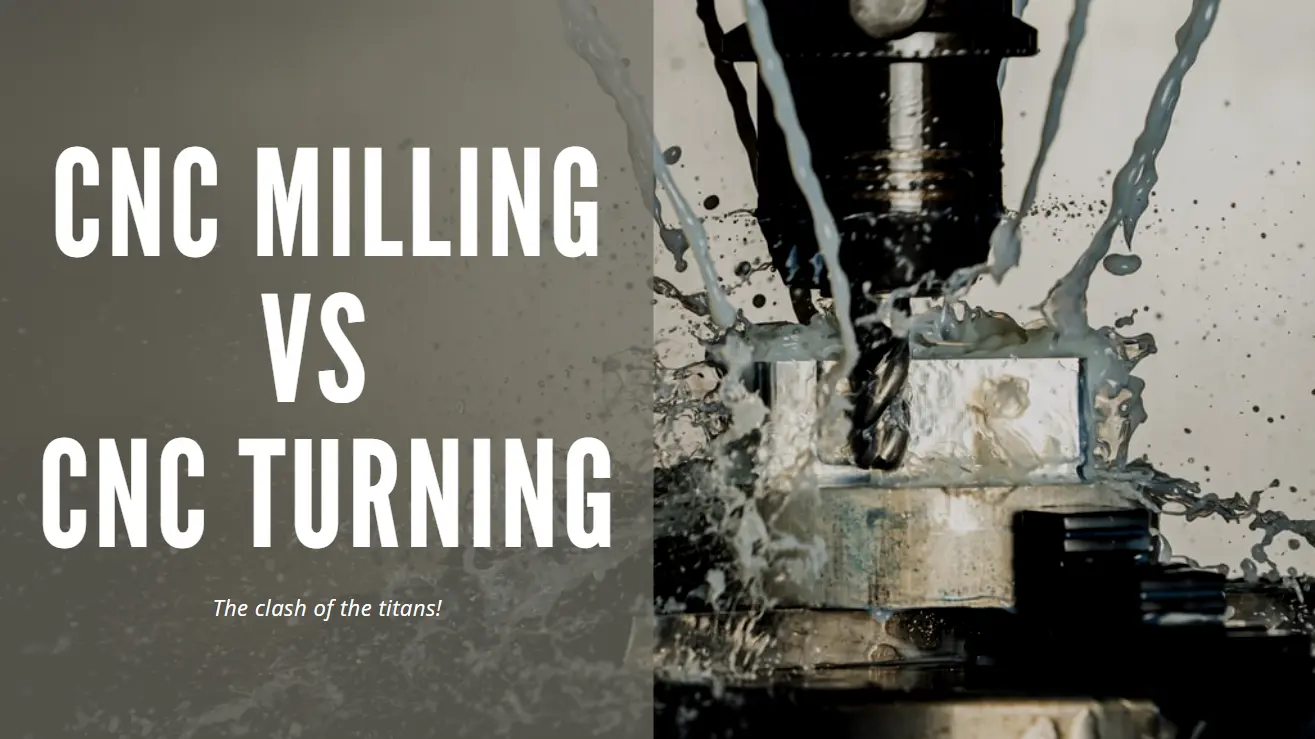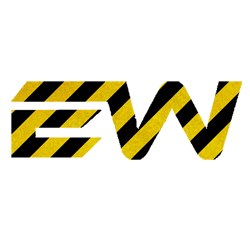CNC Milling vs CNC Turning: The Clash of the Titans!

Every manufacturer of heavy-duty products knows that proper production techniques are essential if one wants to succeed. Time, costs and overall effects must be in line with the factory workflow and customer requirements. Having that in mind, some say CNC milling is better, while others argue that turning machines are the best choice. So, who is right?
What is CNC milling in general?
The term CNC is an abbreviation of Computer Numerical Control, and CNC milling is a manufacturing process based on automated machining services. The machines are using sophisticated cutting tools that are mounted on spindles which rotate in order to cut off some of the raw material that is used as a substrate. The contraption is mounted to a special platform, which moves on a few different planes. This is required if the cutting tool should operate in many angles. Such milling machines can have 4 or more axes that provide them with more range of motion.
As a result, machine operators can create the desired shape of parts used in all sorts of projects across the whole industrial landscape. From complicated drilling equipment to pieces inside even more complicated space rockets – all needed to be processed by CNC milling procedures in one way or another. In fact, modern industry and scientific exploration would not be possible without this technology. There's more to be found on that subject, just click here: https://sacher-cnc.co.uk/cnc-milling/.
What is the difference between CNC turning and milling?
CNC turning is based on similar principles, but while CNC milling uses rotating tools, the turning technique, on the other hand, focuses on rotation of parts that are to be cut (check out this site for more details: https://sacher-cnc.co.uk/cnc-turning/). It is enough to manufacture cylindrical shapes like shafts, for example. CNC services that include milling are therefore more suitable for complex geometry of products. But that is not the rule, of course.
All depends on a project and its specification. To define which technique should be applied, it's best to consult with some real-deal experts that can be very helpful in the right selection of CNC procedures for particular projects. Where to find such experts? Well, they're right here: https://sacher-cnc.co.uk/.
